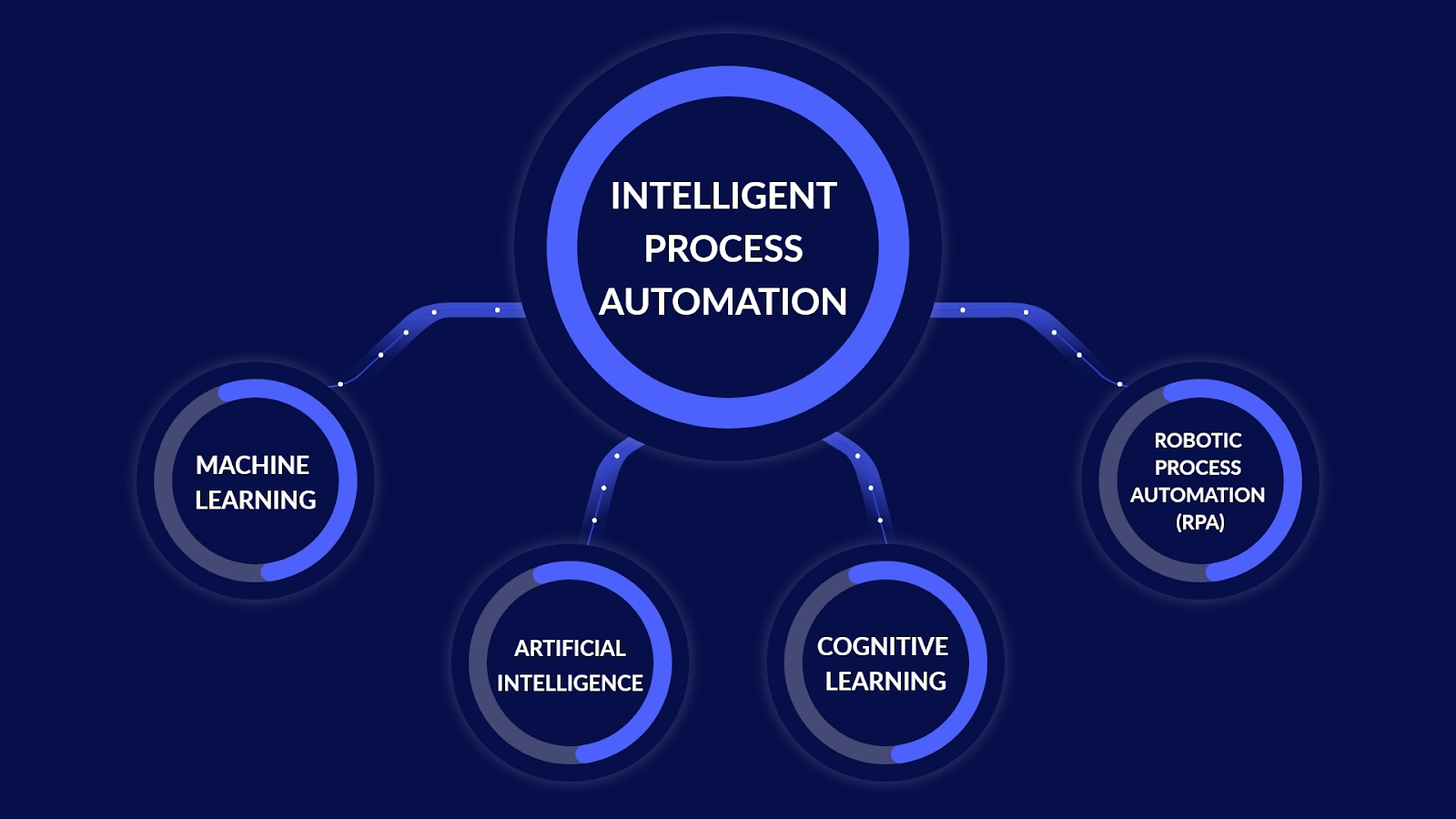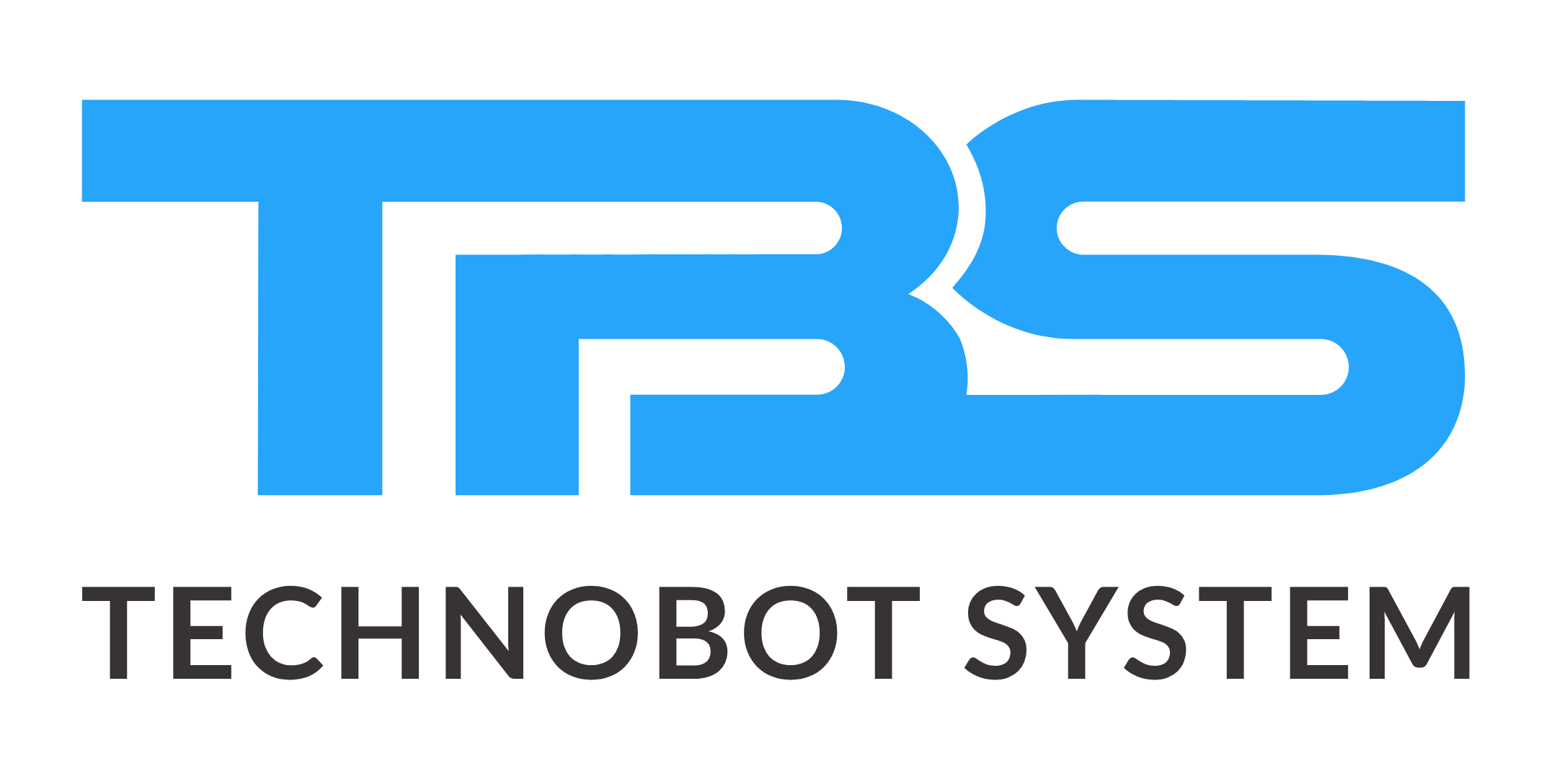Discuss the useful applications of AI/ML in predictive analytics, recommendation engines, and chatbots.
How AI and ML Are Changing Contemporary Business Operations
In the fast-paced digital age, artificial intelligence (AI) and machine learning (ML) are more than just trendy terms; they are powerful tools that increase competitive advantage, productivity, and innovation across a range of industries. As businesses worldwide embrace digital transformation, AI and ML have emerged as critical technologies. These technologies create new opportunities for growth and customer engagement in addition to streamlining processes.
Adopting cutting-edge technologies allows businesses to develop better, more efficient solutions. This blog examines how artificial intelligence (AI) and machine learning (ML) are altering corporate processes, focusing on real-world applications such as chatbots, recommendation engines, predictive analytics, and more.
1. Predictive Analytics: Using Data to Make Decisions Using statistical algorithms, machine learning techniques, and historical data, predictive analytics makes predictions about the future. Companies can utilize this knowledge to anticipate market trends, consumer behavior, and operational risks before they become real.
Functions:
- Retail & E-commerce: By considering seasonal trends, client purchasing patterns, and demand surges, businesses may forecast their inventory needs.
- Finance: Banks use predictive algorithms to assess credit risk, spot fraud, and offer tailored financial advice.
- Healthcare: Hospitals predict patient admittance rates, potential diagnoses, and treatment success rates.
- Decision-makers: Predictive analytics driven by AI offers data-supported insights to guide strategy, eliminating the need for decision-makers to rely solely on intuition.
2. Chabot’s Managed by AI: Changing the Experience for Customers Chatbots are evolving beyond simple algorithms that can answer questions. Thanks to natural language processing (NLP) and machine learning (ML) algorithms, today’s AI chatbots are able to comprehend context, respond to complex queries, and replicate human-like conversations continuously.
Key Benefits:
- Instant Support: Companies may provide real-time assistance across several platforms without adding extra staff.
- Scalability: Chatbots can react rapidly to a wide range of client inquiries.
- Cost-effectiveness: They significantly reduce customer service costs while maintaining high satisfaction levels.
By taking care of everything from appointment scheduling to service issue resolution, AI chatbots are boosting consumer engagement and brand loyalty.
3. Recommendation Engines: Customized user experiences Recommendation engines silently work in the background to make useful recommendations while you’re exploring material, watching a movie, or purchasing online. These systems examine user preferences, behavior, and previous interactions using machine learning algorithms.
Industries Developing:
- Online shopping: AI is used by websites like Amazon as well as Flipkart to make product recommendations based on your past purchases and browsing activity.
- Media & Entertainment: Based on your viewing habits, Netflix and YouTube suggest videos and series.
- Vacation & Hospitality: Booking websites make recommendations for customized vacation plans and lodging.
Businesses may boost average order value, boost conversions, and enhance customer happiness by providing hyper-personalized experiences.
4. Intelligent Automation: Making Repeated Tasks Easier
Workflows are changing as a result of AI and automation, sometimes known as Intelligent Process Automation (IPA), which gets rid of repetitive, rule-based operations. Employees are able to concentrate on more strategic and innovative work as a result.

Examples:
- Processing invoices in the financial industry
- HR automated screening of resumes
- Inspections of manufacturing quality
Businesses may increase compliance, expedite operations, and decrease errors by incorporating AI into their business processes.
5. Improved Cybersecurity: Real-Time Threat Identification
Concern over cybersecurity is growing as sophisticated digital threats and data breaches occur more frequently. Compared to human analysts, AI and ML are far more rapid at spotting odd patterns, flagging suspicious activity, and reacting to threats.
Capabilities:
- Detection of threats in real time
- Incident response that is automated
- Using behavioral analytics to spot insider dangers
Businesses can protect their sensitive data and maintain customer trust by deploying AI-powered cybersecurity systems.
6. AI in HR Management: More Informed Recruiting and Engagement
HR departments are also changing as a result of AI and ML. These technologies make it possible for HR procedures to be more intelligent, quick, and data-driven, from hiring to employee engagement
Examples of Use:
- Screening resumes and matching candidates
- Analysis of employee sentiment
- Models for predictive retention
This enhances staff retention and happiness in addition to improving hiring quality.
Conclusion:
Embrace the future powered by AI.
Adopting artificial intelligence (AI) and machine learning (ML) is no longer a choice—it’s a necessity for staying competitive and future-ready. These technologies enable strong capabilities ranging from optimizing operations and boosting decision-making to increasing security and enriching client experiences. By leveraging AI and ML effectively, organizations can drive innovation, scale efficiently, and stay ahead in an increasingly digital world. The journey toward intelligent transformation begins with the right strategy, tools, and expertise.
Warning: Undefined variable $taxonomy in /www/wwwroot/technobotsystem.com/wp-content/plugins/betterdocs/views/template-parts/sub-category-counter.php on line 27
12 Sub Categories | 39 Docs
AI in Business

